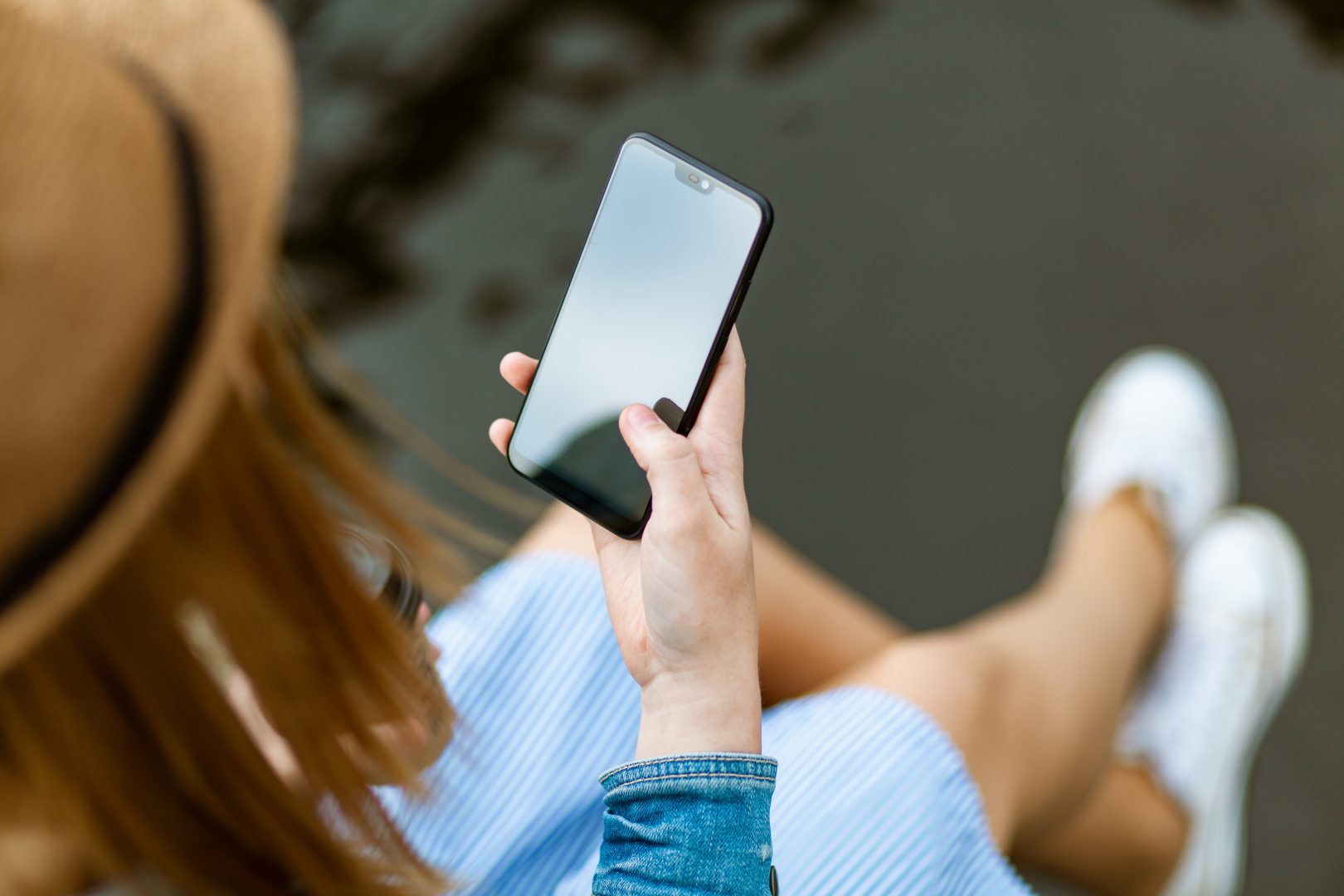Building Healthy Habits with Social Media
Social media has allowed society to become more connected than ever. If you are an avid user, you are all too familiar with the popular social platforms that have become a big part of our everyday lives. You’ve probably also wondered at some point if your use of social media would be considered healthy… or if there might be some room for improvement. Did you know that over three billion people around the world use social media to engage with others, access the news and share information? In the U.S. alone, seven out of ten people are active users.
In 2017, a psychology professor at San Diego State University found that students who used electronic devices more often than those who did not were less satisfied with their lives. In fact, those who spent five or more hours a day online were 71 percent more likely to have a suicide risk factor including depression compared to those who only went online less than one hour a day.

Regardless of its effects on mental well-being, finding a good balance and developing healthy habits for using social media is important for making sure it has a positive presence in your life.
Here are six suggestions to do just that:
- Designate specific time for social media. Create a balance between scheduled time to use social media and time to step away. A good time not to be tuning in would be when spending time with family and family and before you go to sleep.
- Understand your purpose for logging on so you don’t spend hours on a site. If you are looking for something specific, such as a photo of a friend’s wedding day, find it and log off. This will help limit the time you spend online.
- Before you post, think twice and stay positive. Certain posts can trigger arguments and heated debates with others which can add stress and trigger negative emotions for yourself.
- Take a vacation from social media. Completely stepping back from social media can be difficult, but it’s a good way to help you reconnect to life around you. You may choose to log out from your accounts for a day, a week, or even a month. You can then spend more time with things you enjoy doing such as a hobby, spending time with family and friends or even taking a trip somewhere. Whatever you decide, it’s a lot more exciting to live life as it’s happening, as opposed to “living” through a screen.
- Keep it real. Being on social media can help enhance your life, but it can also worsen depression or anxiety symptoms if you are prone to these conditions. Seeing others presenting idealized versions of their lives can lead others to make comparisons of their own life and that of the person on the site. This can lead to negative emotions. Try to put things in perspective and realize that what you are reading or seeing may not be complete reality.
- Introduce JOMO (Joy of Missing Out) into your vocabulary. The overuse of digital technology can be a self-defeating behavior. This term means that you can deliberately choose to not engage in social media activity if you choose to do so. In many cases, it is better to focus on what you like to do and not what you feel you are being pressured to do. You will have a greater sense of fulfillment and satisfaction by doing that.
If you feel that social media is affecting your mood, and taking a break isn’t helping you find relief or is just too difficult for you to do, then consider reaching out and speaking with someone. Clinicians in our Counseling & Wellness Centers can help you work towards finding a happy balance with social media. Call our main number at 844-4-ACENDA (844-422-3632) for more information.
Sources:
www.medicalnewstoday.com
www.mindwise.org
www.nami.org